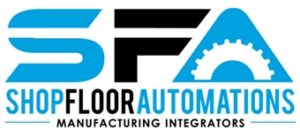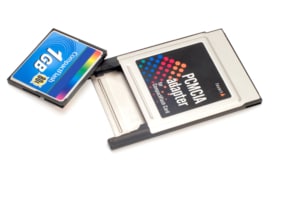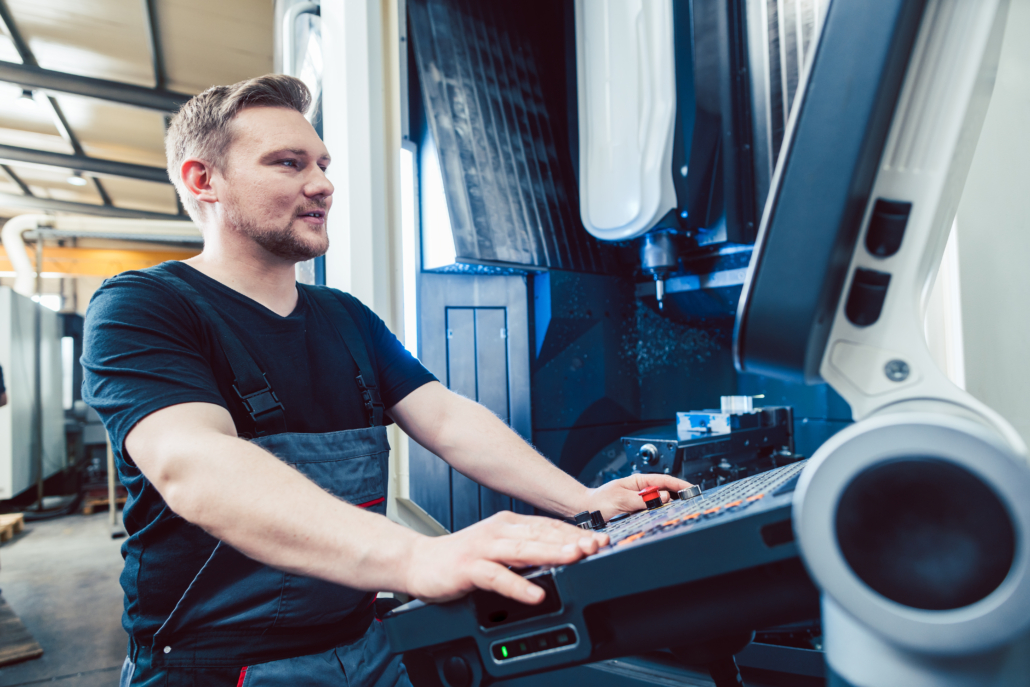As 2023 winds down, it’s an ideal time to consider manufacturing trends and predictions that may affect your goals, plans and budgets for the year ahead.
Overall, there’s an expectation that interest rates will fall in the middle of 2024, fueling more consistent economic growth and acceleration by the end of the year, reports Dodge Construction Network chief economist Richard Branch in Engineering News-Record. Escalating tensions in the Middle East, Russia and Ukraine may present difficulties, however, as will continued labor issues. Alan Beaulieu, president of ITR Economics, recently told the Association for Manufacturing Technology (AMT) that, “The good news is manufacturers will gain economic strength in this country and secure our economic wellbeing for generations to come. But for the individual manufacturer, there will be higher competition for workers in an already labor-scarce market, and that problem will persist for years. The only hope for companies to survive is to drive efficiencies by adopting automation and other advanced technologies.”
Automating for Worker Productivity and Efficiency
For manufacturers feeling the continued pressures of the labor market, they’ve been heeding Beaulieu’s advice and turning toward technology to increase worker productivity while minimizing costs. There’s many examples of this occurring on the shop floor; let’s dive into three:
- “I’m trying to upgrade the machines in my shop to a more modern way of communicating with add-ons to keep costs low.” This manufacturer knows it can’t afford to upgrade its machines altogether. DNC software from manufacturing integrator Shop Floor Automations (SFA) was recommended by a user, sharing their experience that “all machines had their serial to WiFi and it was flawless sending from the DNC computer.” That same user leaned on SFA for machine monitoring software as well, noting that management loved knowing when night shift “truly ran great” based on progress reports from the software.
- Generative Artificial Intelligence (AI) is everywhere, says Bernard Marr in Forbes. Use cases are often described within enterprise organizations, such as Hitachi’s AI-generated training videos to ramp up new workers in maintenance and manufacturing. But that doesn’t mean small-to-mid-sized manufacturers can’t leverage this technology in 2024. CGTech’s CNC machine simulation solution VERICUT 9.1, for example, uses AI to learn from cutting while simulation occurs to automatically set up tools for optimization and then auto-optimizes NC programs after learning.
- From the outset, Cybersecurity Maturity Model Certification (CMMC) compliance would seem to decrease worker productivity as the control of removable media, including PCMCIA cards and USB drives typically used to transfer CNC programs, is significantly tightened, if not prohibited altogether. But for manufacturers still relying on such media, they know the inefficiency – and costs – of uploading programs and getting routers per part. The use of one industrial DNC software network for all your CNC machines, robots, CMMs, PLCs, 3D printers and other equipment can help streamline the CNC program transfer process as well as provide revision control. It’s just in time, too, as CMMC is expected to be included in public contracts sometime in 2024.

By partnering with a manufacturing integrator, you’ll be best positioned to address enduring workforce issues at the lightning pace of the modern digital economy.
“The only hope for companies to survive is to drive efficiencies by adopting automation and other advanced technologies.”
While manufacturers look to technology to fill the labor gap and gain a competitive edge in the marketplace, there’s no “one-size-fits-all” solution that will be able to address enduring workforce issues at the lightning pace of the modern digital economy. Only by partnering with a manufacturing integrator that understands your existing environment – and the direction you’re headed toward – will you be best positioned to tackle the trends and predictions awaiting you in 2024. Contact SFA today to discuss your strategic initiatives of tomorrow.








